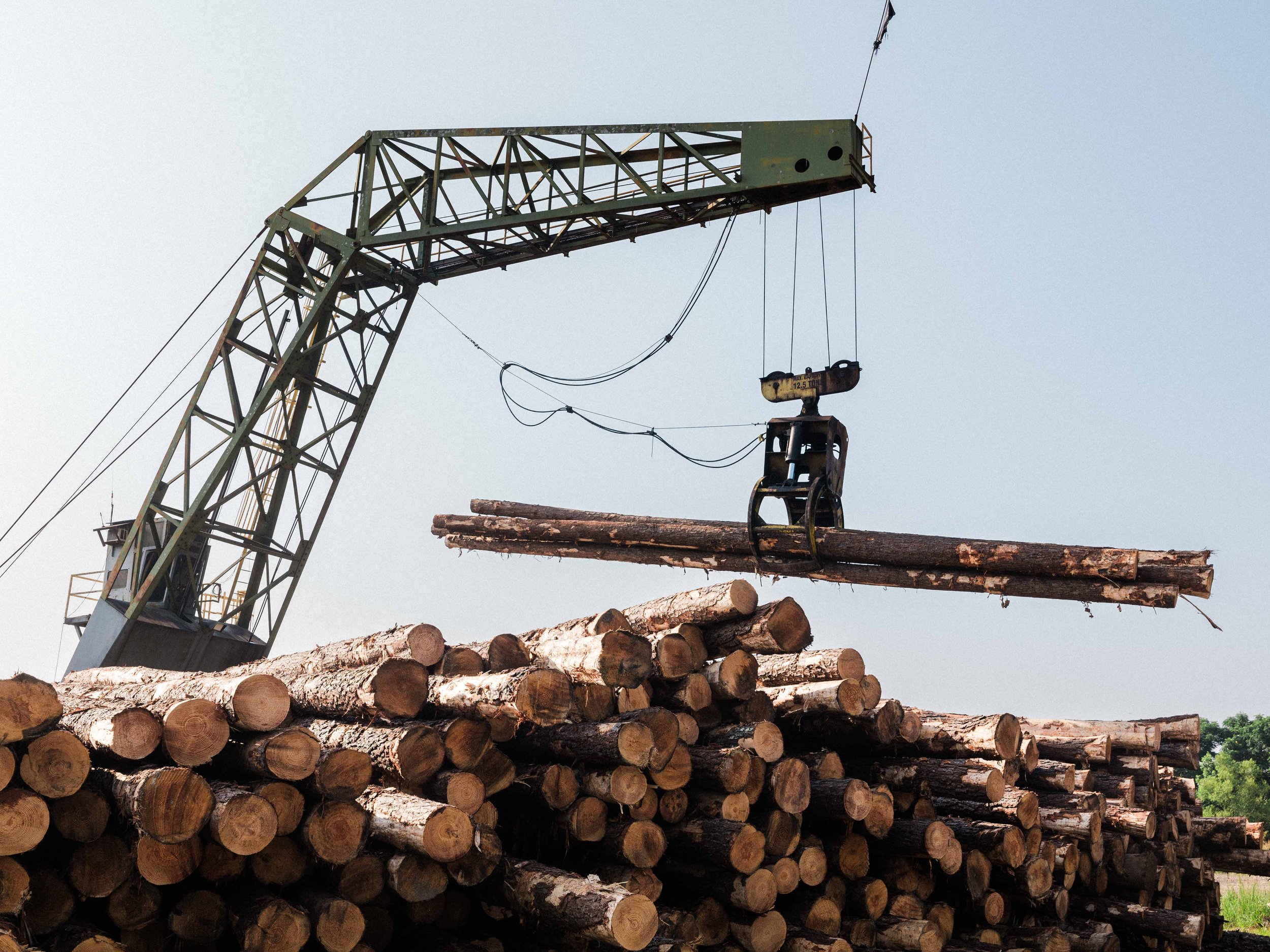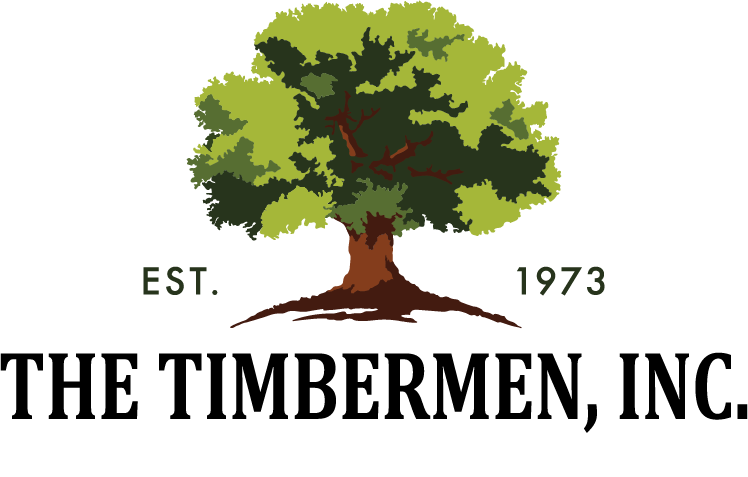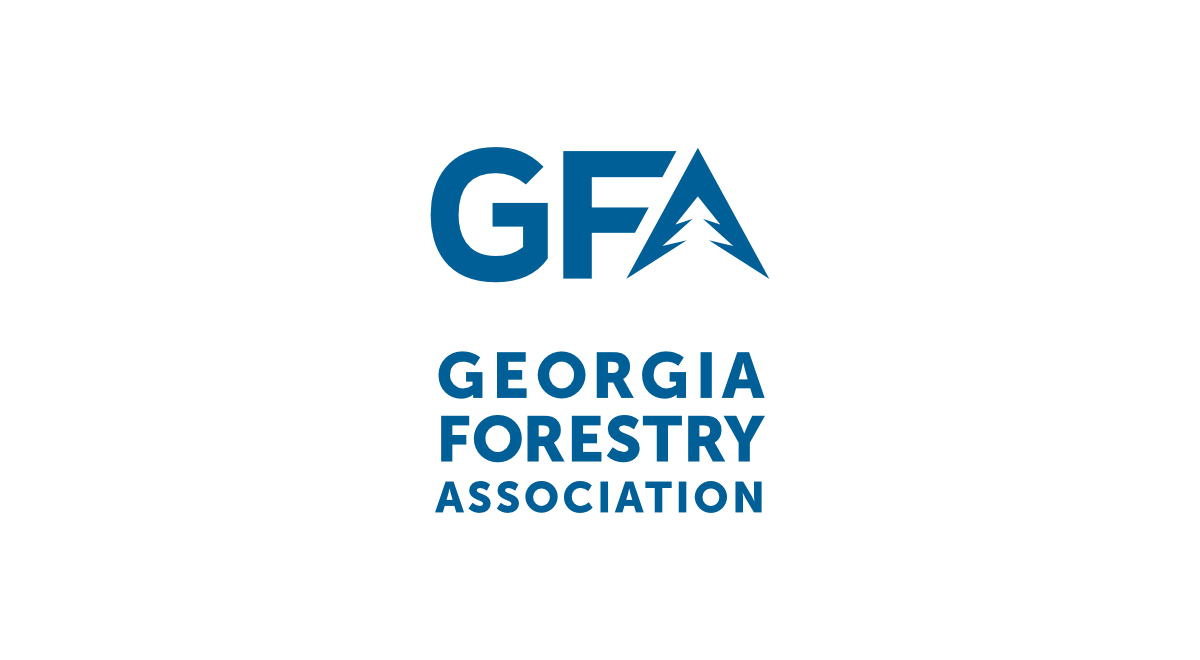
NEW & CUSTOM Pallets
Pallet Supply
The Timbermen, Inc., is a vertically integrated, new pallet manufacturing operation based in Camak, Georgia. Located about 110 miles east of Atlanta, and 40 miles west of Augusta, we are one of the best and largest pallet producers in the region.
The pallet plant has a capacity of about 50,000 units weekly, powered by five timber nailing machines. We recently expanded with a second SII kiln to meet the increasing demand for mold free pallets. We supply new standard size as well as custom pallets in small quantities or bulk.
Being vertically integrated and not reliant on suppliers, means consistent quality and pricing for our customers. Being family owned and operated means our customers get a high-level of service and accountability.
our Pallets
Variations of the basic 48x40 GMA pallet were for many decades the most widely manufactured pallet in North America. As originally specified, the GMA was actually a very heavy duty, long life pallet. Unfortunately, however, it does not make optimal use of wood fiber, which accounts for 60% to 70% of the cost of a typical pallet. By taking off the blinders and thinking "out of the box" we can dramatically improve pallet performance with some very simple design changes.
Our notching machine is specially tooled to cut notches with a corner radius of 1.50" instead of 0.75”, which our competitors produce. A broad arch is a much stronger and more stable structure. Our field experience suggests even more strongly that the failure rate of stringers is greatly reduced by increasing the notch corner radius.
export packaging
A unit of the United Nations known as the International Plant Protection Convention (IPPC) is developing a worldwide standard to minimize the risk of spreading insect pests across continental boundaries to the detriment of the world's forests. Native plants are often unable to defend themselves from foreign pests. The chestnut blight which was introduced into North America in the early 20th century is a notable example of this type of event. The American Chestnut, once one of the dominant hardwood species of the Appalachian region, was virtually wiped out by this blight. Other examples of very harmful foreign pests being inadvertently imported to our country include the gypsy moth and the Formosan termite. Europeans are concerned about a conifer pest in our country known as the pinewood nematode.
The IPPC issued the ISPM-15 standard in 2009, which describes several treatment methods for the elimination of pests which may be residing in wood pallets or crating. These methods include heat treating, chemical fumigation, pressure treating, irradiation, etc. Heat treating is expected to be the most cost effective and widely adopted method for meeting these standards. The standard calls for all wood packaging to be heated to a core temperature of 56°C (133°F) for at least 30 minutes, and marked to indicate treatment. The treating and marking of such lumber in the U.S. is to be audited and regulated by the American Lumber Standards Committee (ALSC), a unit of the USDA.
Once again, The Timbermen, Inc. is ahead of the curve, having capacity to kiln dry and heat treat in excess of 50 truckloads of pallets per week.
ASSOCIATIONS






